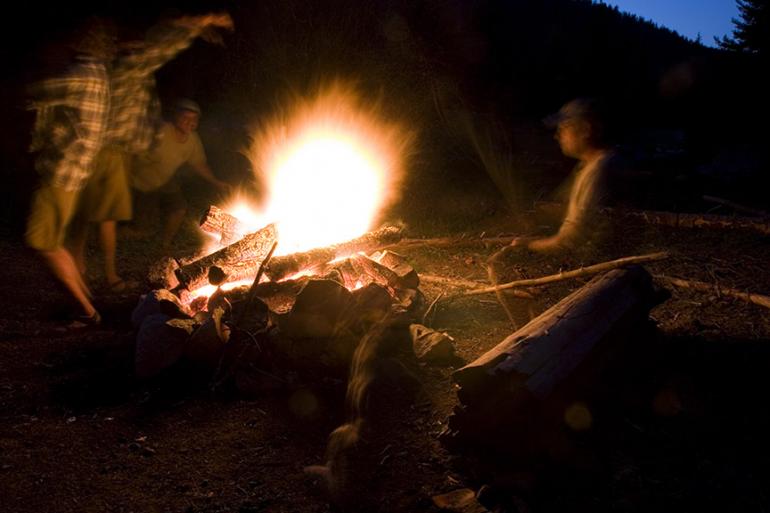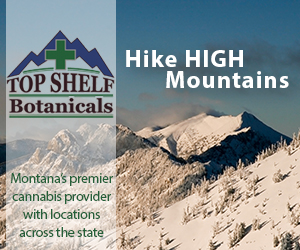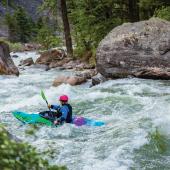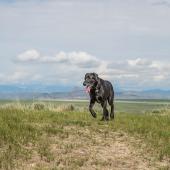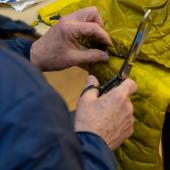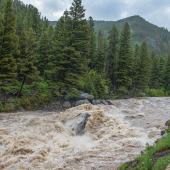Basic Wilderness Survival
It’s not what you were planning on when you headed out on a beautiful fall morning for a day in the great outdoors, but suddenly it’s getting dark, you’re alone, and you don’t have any idea where you are. You’re lost and it looks like you’re going to be out for at least one night, if not longer.
So what do you do? With a small amount of planning and a level head, a possible disaster can be avoided and your wilderness survival story can be nothing more than a pick-up line at the bars.
Let’s start with before you leave your house. Anytime you leave for a day out hunting, hiking, biking, or whatever, always tell someone where you’re going and when you plan on coming back. That way they know when to expect you and can send help if you don’t show up. Next, always pack a lighter, matches, extra layers of clothes, some food, and water or a water purification device. These small items don’t take up tons of room in your pack and can save your life if you’re forced to spend several nights out in the elements.
If you do find yourself lost, then it’s time to remember the Rule of Threes. Humans can live for an average of three minutes without air, three days without water, and three weeks without food.
Shortage of air will not be the problem, but the temperature of the air will be. The most important thing will be to stay warm and dry. Put on those extra layers of clothes (especially the hat), build a fire with the matches or lighter you brought, and build a temporary shelter that is low to the ground and insulated with leaves or pine needles.
Next, find fresh water. However, unless you’re absolutely certain the water is clean, do not drink directly out of the water source, no matter how thirsty you are. Dehydration is definitely a concern but unpurified water may contain bacteria that causes diarrhea and will thus lead to worse dehydration. So always try to purify, filter, or boil the water you take from a stream or lake.
For food, pack an energy bar or some trail mix for emergencies such as this and remember, don’t eat wild berries or mushrooms unless you can identify them for sure.
Most importantly, keep a level head—common sense can get you far. The most important thing to pack is your brain. Think about where you are and whether it’s better to try to get out yourself, or just stay put and wait for help. I saw the best advice for outdoorsmen posted at a trailhead in Poland: “Remember the mountains are only for the clever ones."


